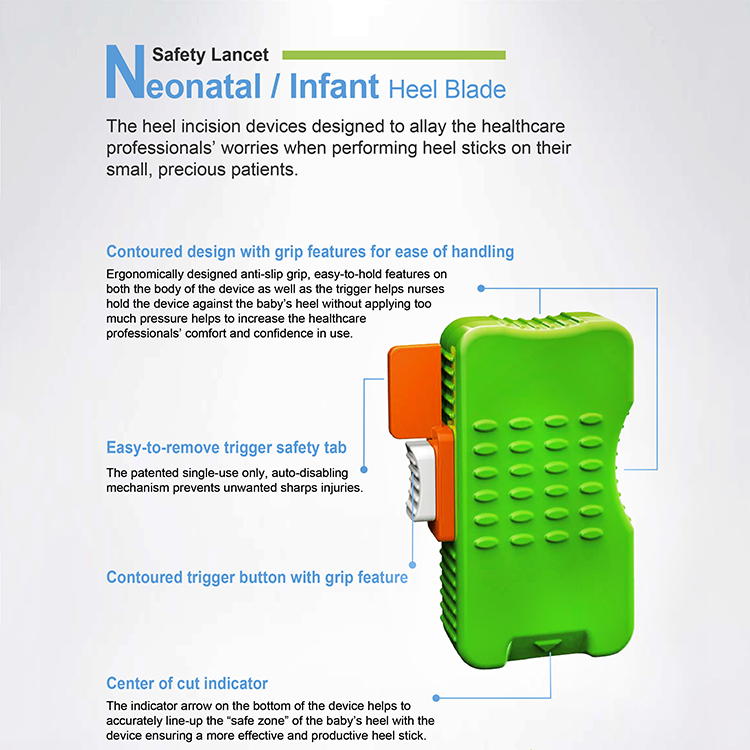Nov . 25, 2024 19:09 Back to list
buy home test syphilis
The Intersection of Home Buying and Health Understanding Syphilis Testing
In the modern world, the dual aspirations of homeownership and health increasingly overlap, as individuals seek to create safe and stable environments for themselves and their families. Among the myriad concerns that homebuyers must navigate, health issues—particularly sexually transmitted infections (STIs) like syphilis—have garnered attention. While it may seem unusual to connect the housing market with syphilis testing, the implications of health on housing choices are significant and can influence both personal decisions and public policy.
Syphilis is a bacterial infection caused by the Treponema pallidum bacteria, primarily spread through sexual contact. Its prevalence has seen a resurgence in recent years across various demographics. This rise is concerning, not only from a public health perspective but also in the context of how potential health issues can impact housing decisions.
The Intersection of Home Buying and Health Understanding Syphilis Testing
Moreover, families considering home ownership often prioritize the well-being of their children. Parents might look for neighborhoods with lower rates of STIs, as high prevalence can indicate broader community health issues. Schools and educational programs that address sexual health can also be deciding factors when scouting for the perfect family home. Thus, parents and caregivers might incorporate health statistics into their home-buying checklist, ensuring that their environment supports the future health and well-being of their family.
buy home test syphilis

If a potential buyer is aware of syphilis' impact, it may encourage them to seek proper testing and treatment before committing to such a significant life change. Regular health assessments can lead to healthier decisions concerning personal relationships and overall lifestyle choices. Knowing your STI status can empower individuals to engage in safer practices, which contributes positively to community health as a whole.
On a broader scale, the rise of sexually transmitted infections like syphilis may prompt local and state governments to address public health measures when planning new development and housing projects. They may implement programs that focus on sexual health education and testing, which can help decrease STI rates in communities. These efforts could foster a healthier population, thereby making neighborhoods more appealing to potential buyers looking to invest in their future.
Furthermore, real estate agents and housing developers might consider the integration of health-oriented features within new homes, such as spaces conducive to wellness activities or locations near healthcare resources. The intersection of health and housing could potentially create a new market segment focused on health-centric homes, appealing to buyers who value wellness and preventative care.
In conclusion, while the direct relation between buying a home and syphilis testing might not be immediately evident, the implications of health on housing decisions are profound. Homebuyers must not only consider the physical structure of a house but also the surrounding environment that can impact their health and well-being. As awareness grows regarding the importance of regular health screenings, including syphilis testing, individuals can make informed choices, ensuring that their homes reflect a holistic approach to living well. Ultimately, safe and healthy communities begin with informed residents who prioritize both their living spaces and personal health, paving the way for a healthier future.
-
Reliable Early Pregnancy Test Kit Supplier - Multi Plastic Cassette Options
NewsJul.30,2025
-
Transferrin Rapid Test Cassette – Reliable Tumor Marker Detection
NewsJul.29,2025
-
Accurate Follicle Stimulating Hormone Test Kit | Rapid Reliable Results
NewsJul.29,2025
-
High Accuracy LH Ovulation Test Kit - Digital Results & Wholesale Options
NewsJul.29,2025
-
HbsAg Blood Rapid Test Kit for Fast & Accurate Hepatitis B Detection
NewsJul.28,2025
-
Sterile Urine Cup for Safe & Easy Collection | High-Quality Specimen Cups
NewsJul.28,2025

